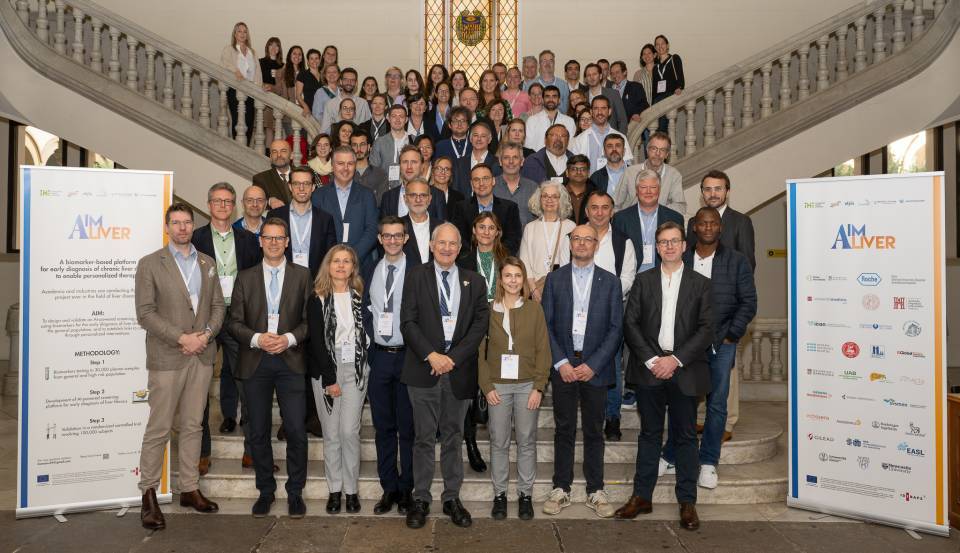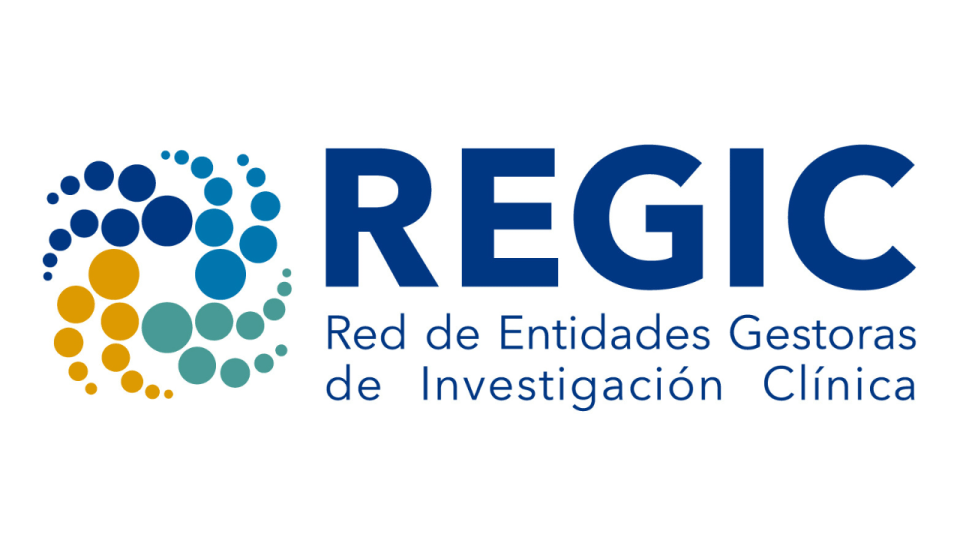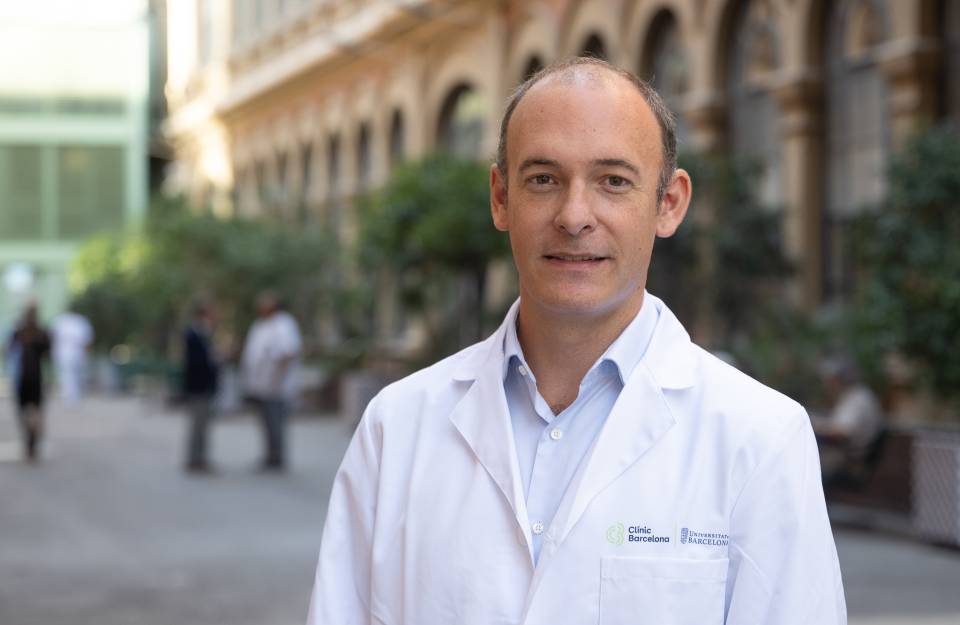On 21 and 22 March, the inaugural meeting of the LIVERAIM project was held in the Aula Magna of the Faculty of Medicine at the University of Barcelona Endowed with a budget of 24.8 million euros it forms part of the HORIZON-JU-IHI-2022-03-single-stage call by the Innovative Health Initiative (IHI) programme, a public-private partnership between the European Commission and the European health industry, in which IDIBAPS currently occupies the top position in Spain in terms of fundraising during the current Horizon Europe programme.
Liver diseases such as cirrhosis and liver cancer represent a significant drain on healthcare systems, as they are diseases with a high mortality rate and have a major impact on patients’ quality of life and require specialized medical care. The key risk factors for these diseases include obesity, type 2 diabetes and excessive alcohol consumption, which are on the rise throughout Europe and the world. Unfortunately, these diseases often progress silently until severe symptoms and complications appear, leaving transplantation as the only therapeutic option, something not available to all patients.
The aim of the LIVERAIM project is to design and validate a diagnostic platform for liver disease through biomarkers that will enable population screening across Europe. Its aim is to identify liver disease early, before the first symptoms appear, and to apply personalized therapeutic interventions. In order to carry it out, renowned clinical centres and companies with experience in liver disease will collaborate in a study that is expected to last six years.
This study is coordinated by Pere Ginés, consultant at the Hospital Clínic Hepatology Service, professor of medicine at the University of Barcelona and head of the IDIBAPS Chronic Liver Diseases: Molecular Mechanisms and Clinical Consequences group. It involves the collaboration of 31 institutions from 11 countries around the world, including the entire spectrum of health care, research and the health industry, which includes research centres, clinical centres, universities, companies and patient associations:
-
FUNDACIÓ DE RECERCA CLÍNIC BARCELONA-INSTITUT D’INVESTIGACIONS BIOMÈDIQUES AUGUST PI I SUNYER (Spain) (Coordinator)
-
HOSPITAL CLINIC DE BARCELONA (Spain)
-
REGION SYDDANMARK (Denmark)
-
UNIVERSITAETSMEDIZIN DER JOHANNES GUTENBERG-UNIVERSITAET MAINZ (Germany)
-
UNIVERSITA DEGLI STUDI DI PADOVA (Italy)
-
AZIENDA OSPEDALE UNIVERSITA PADOVA (Italy)
-
FONDATION CARDIOMETABOLISME NUTRITION (France)
-
ASSISTANCE PUBLIQUE HOPITAUX DE PARIS (France)
-
SVEUCILISTE U ZAGREBU MEDICINSKI FAKULTET (Croatia)
-
KLINICKA BOLNICA DUBRAVA ZAGREB (Croatia)
-
UNIVERSITA DEGLI STUDI DI TORINO (Italy)
-
FAKULTNA NEMOCNICA S POLIKLINIKOU F.D. ROOSEVELTA BANSKA BYSTRICA (Slovakia)
-
FUNDACION PRIVADA INSTITUTO DE SALUD GLOBAL BARCELONA (Spain)
-
UNIVERSITAT DE BARCELONA (Spain)
-
UNIVERSITAT AUTONOMA DE BARCELONA (Spain)
-
EUROPEAN LIVER PATIENTS ASSOCIATION (Belgium)
-
INNOVATION ACTA SRL (Italy)
-
ROCHE DIAGNOSTICS INTERNATIONAL AG (Switzerland)
-
SIEMENS HEALTHCARE GMBH (Germany)
-
NORDIC BIOSCIENCE A/S (Denmark)
-
SYSMEX EUROPE SE (Germany)
-
ECHOSENS (France)
-
ASTRAZENECA AB (Sweden)
-
BOEHRINGER INGELHEIM INTERNATIONAL GMBH (Germany)
-
NOVO NORDISK A/S (Denmark)
-
GILEAD SCIENCES IRELAND UC (Ireland)
-
UNIVERSITAT DES SAARLANDES (Germany)
-
EUROPEAN ASSOCIATION FOR THE STUDY OF THE LIVER (Switzerland)
-
UNIVERSITAT ZURICH (Switzerland)
-
Mayo Clinic (USA)
-
UNIVERSITY OF NEWCASTLE UPON TYNE (United Kingdom)
Steps to follow to achieve the LIVERAIM
The international team has proposed following these steps to set up the diagnostic platform:
-
Existing biomarkers will be evaluated for their accuracy in the prediction of fibrosis, the step prior to the development of liver disease. This analysis will include 30,000 plasma samples from cohorts previously funded by the EU H2020.
-
Using artificial intelligence, the partners will develop a screening platform for personalized early diagnosis of liver fibrosis.
-
The platform will be rigorously validated in a clinical trial involving 100,000 people from six representative countries of the European Union.
-
The platform will link to personalized therapeutic interventions aimed at halting the progression of fibrosis and the development of liver disease.
In short, LIVERAIM aims to reduce morbidity, mortality and the economic and health inequalities associated with liver disease through early diagnosis and personalized interventions.
This project is supported by the Innovative Health Initiative Joint Undertaking (IHI JU) under grant agreement no. 101132901. The JU receives the support of the European Union Horizon Europe research programme and EFPIA, COCIR, MedTech Europe, Vaccines Europe and EuropaBio. Funded by the European Union, the private members and contributing partners of the IHI JU. However, the opinions and views expressed are solely those of the authors and do not necessarily reflect those of the abovementioned parties. None of the abovementioned parties can be held responsible for them.

LIVERAIM’s starting point
To start the project off, a two-day inaugural meeting was held with the participation of more than 100 members of the collaborating institutions. On these two days, the current state of research and clinical research on liver disease and the latest advances in the field were presented. Josep Maria Campistol, director general of the Hospital Clínic, Antoni Castells, medical director of the Hospital Clínic, Michela Bertero, strategy director at IDIBAPS, Carmen Cabezas, secretary of public health in the Generalitat de Catalunya, and Jordi Garcia, vice-rector of research at the University of Barcelona among other experts, participated as speakers at this meeting.
“We are facing an exciting challenge with an enormous impact on global health. Liver disease is a silent threat that affects millions of people around the world, and it is time to take a step forward to change this reality. -says Pere Ginés- The LIVERAIM project is more than just research, is it an opportunity to transform the way we approach chronic liver disease in clinical practice".
On the first day, there were two sessions that dealt with the epidemiology of chronic liver disease, and the objectives of the LIVERAIM project were analysed. The second day focused on the coordination of the different working groups that will carry out the different aspects of the project.




